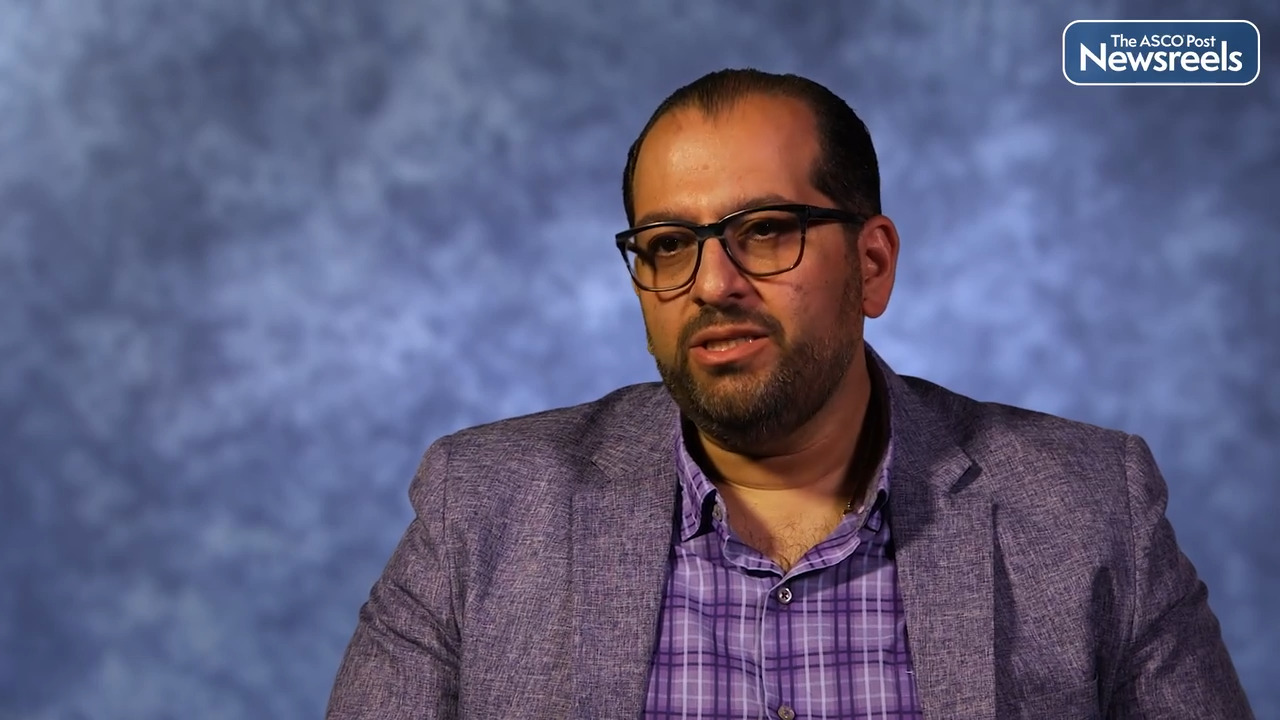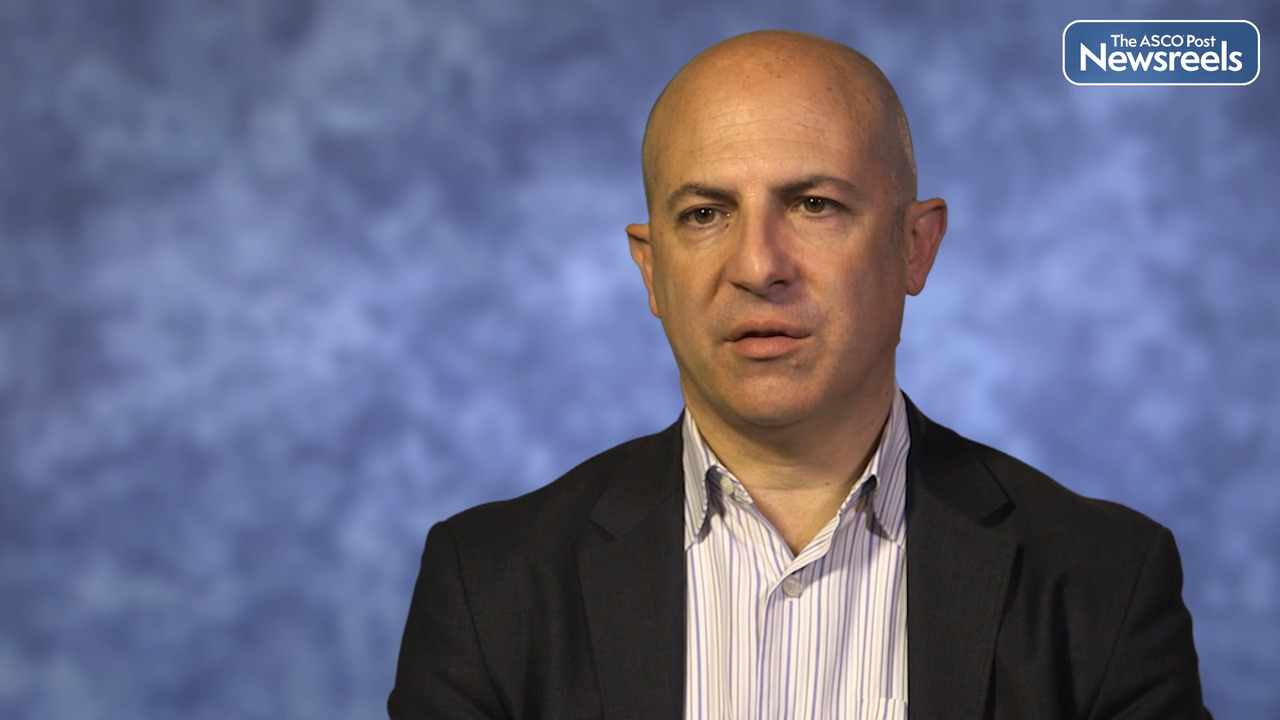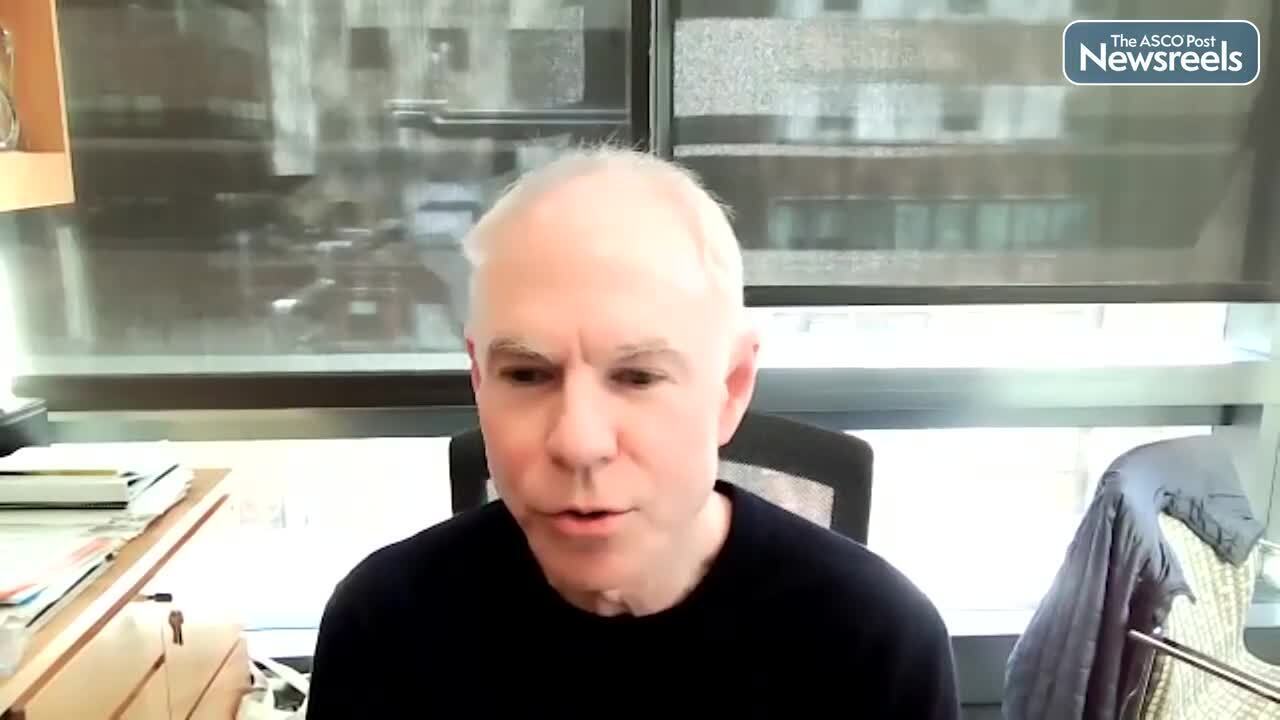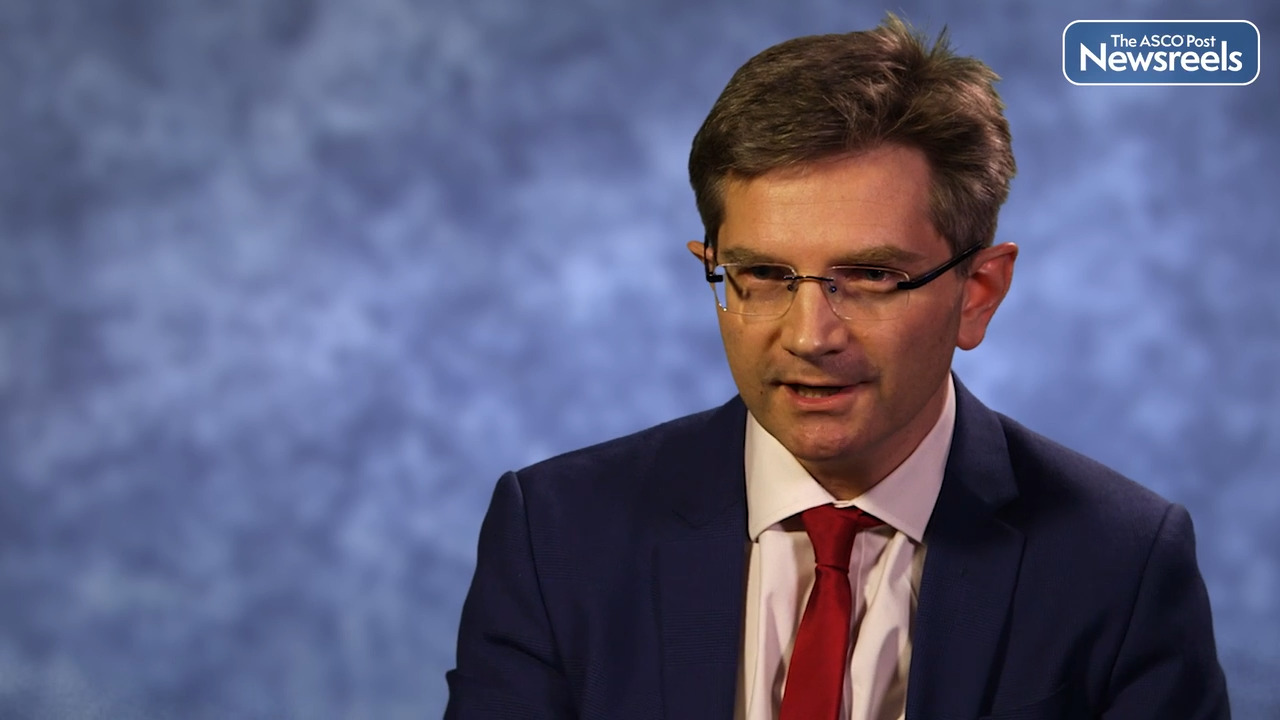Electra D. Paskett, PhD, on Social Stresses and Cancer Treatment: An Expert Perspective
AACR Annual Meeting 2022
Electra D. Paskett, PhD, of The Ohio State University, discusses various factors that may contribute to cancer such as socioeconomic status, discrimination, violence, and access to health care. When clinicians identify these factors and intervene with access to services, it may be possible to improve outcomes for their patients (Abstract SY33).
The ASCO Post Staff
Christine A. Iacobuzio-Donahue, MD, PhD, of Memorial Sloan Kettering Cancer Center, discusses her research on the evolutionary features of advanced stage pancreatic cancers and the insights that may be used to help improve patient outcomes (Abstract PL05).
The ASCO Post Staff
Josh Neman, PhD, of the Keck School of Medicine, University of Southern California, discusses the distribution of brain metastasis to preferential brain regions that vary according to cancer subtype, how neurotransmitters respond, and the ways in which the central nervous system acclimates (Abstract SY32).
The ASCO Post Staff
Zev Wainberg, MD, of the University of California, Los Angeles Medical Center, discusses preliminary data on the safety and efficacy of TTX-030, an anti-CD39 antibody, in combination with budigalimab and FOLFOX for the first-line treatment of locally advanced or metastatic gastric or gastroesophageal junction adenocarcinoma. The study suggests the regimen may prove to be of benefit as a first-line treatment, regardless of combined positive score status (Abstract CT015).
The ASCO Post Staff
Charles L. Sawyers, MD, of Memorial Sloan Kettering Cancer Center, discusses the battle against treatment resistance and how to overcome it, as well as the power of observational clinical data in precision oncology, derived largely from his experience with Project GENIE, and the role of genetic ancestry (Abstract PL02).
The ASCO Post Staff
Benoit You, MD, PhD, of the Lyon University Hospital (France), discusses phase I/II safety and efficacy results from the ENDOLA trial that combined olaparib with metronomic cyclophosphamide and metformin in patients with advanced pretreated endometrial cancer. At 10 weeks, the non–disease progression rate was 61.5%, reaching the primary endpoint of the study. Median progression-free survival was 5.1 months. Research on biomarkers of efficacy is ongoing (Abstract CT005).





